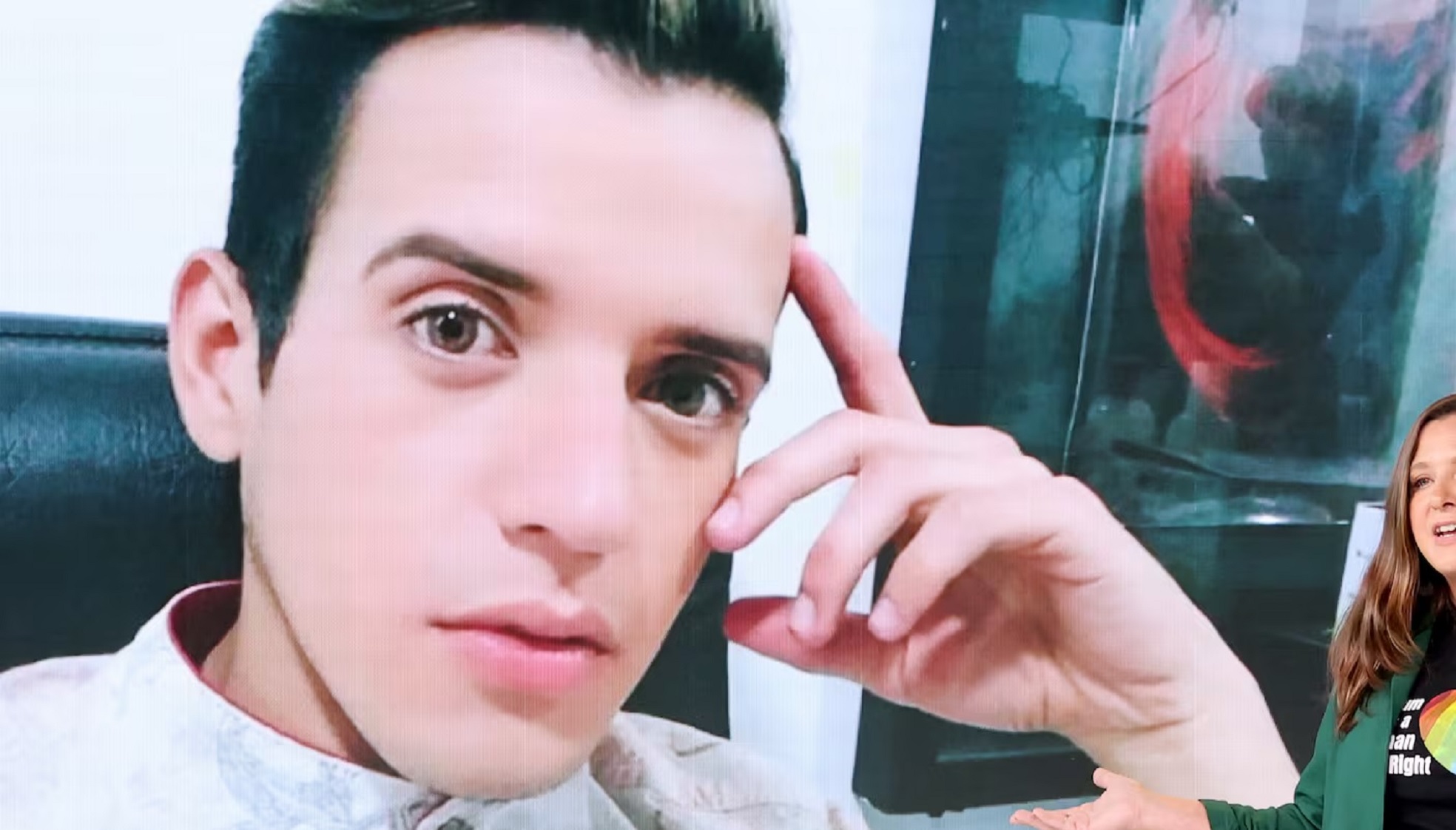Venezuelan makeup artist Andry Hernández Romero, who identifies as gay, has publicly accused prison guards at El Salvador’s maximum-security CECOT megaprison of sexual assault, following his deportation by the U.S. under the Alien Enemies Act. He was returned home recently after spending 125 days detained in harsh conditions. source
Hernández, 32, was among more than 250 Venezuelan men deported in early 2025, many of whom had active asylum claims in the U.S. He was accused of gang affiliation based on crown tattoos, which authorities contended represented membership in the Tren de Aragua gang. He vehemently denied this claim. source
In interviews from his hometown near the Colombian border, Hernández detailed his ordeal: prisoners were beaten with rubber bullets and batons, confined in dark and cramped cells, given rotten food, and denied proper legal access. He also alleged that guards systematically sexually abused detainees, including himself. source source
This deportation sparked international outrage. Media investigations, including a 60 Minutes report, revealed that 75% of deported men reportedly had no criminal record, undermining the justification for their detainment. Critics describe the expulsions as politically motivated and lacking in due process. source source
The U.S. Department of Homeland Security has dismissed the abuse allegations, labeling the detainees as “criminal, illegal gang members.” Meanwhile, El Salvador’s government has not yet responded to requests for comment on the sexual assault accusations. Venezuelan officials have launched an investigation into the claims. source
Hernández has since been released, reunited with family, and remains in emotional shock but thankful for massive public support. He may still be at risk—as LGBTQ asylum seekers in Venezuela face entrenched persecution. Legal advocates are working to secure third-country relocation and press for broader oversight of deportation practices.
Sources: source,
source,
source,
source,
source

